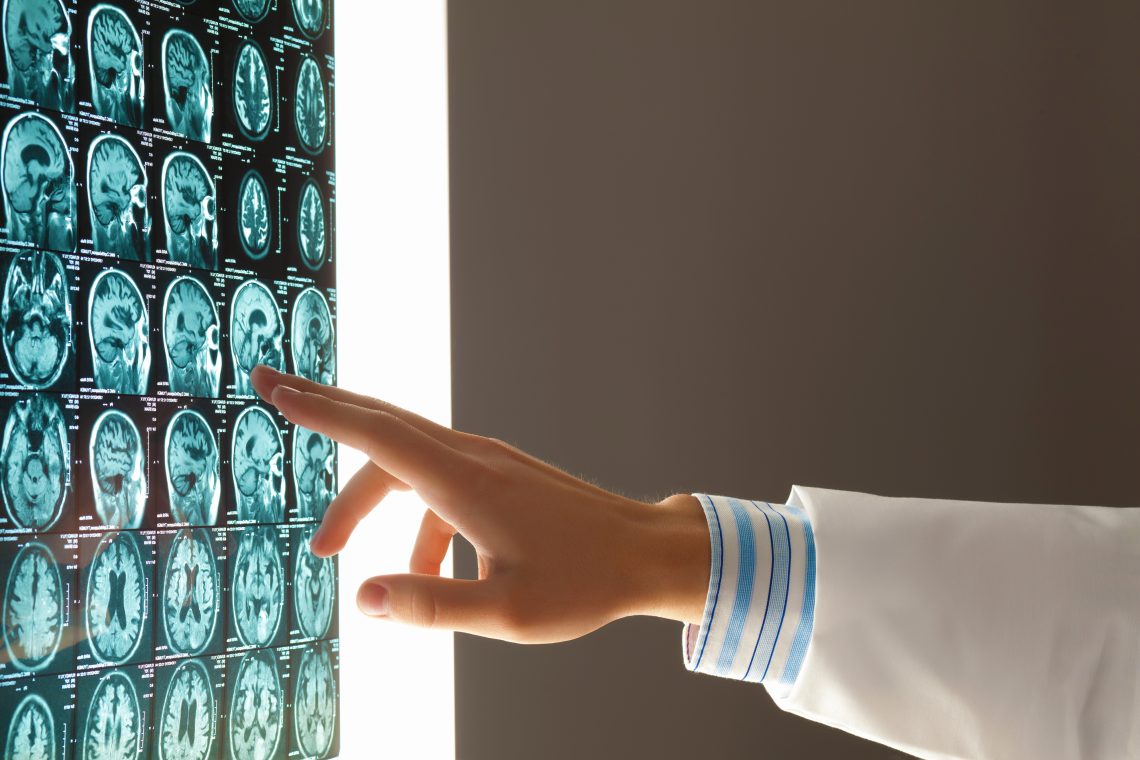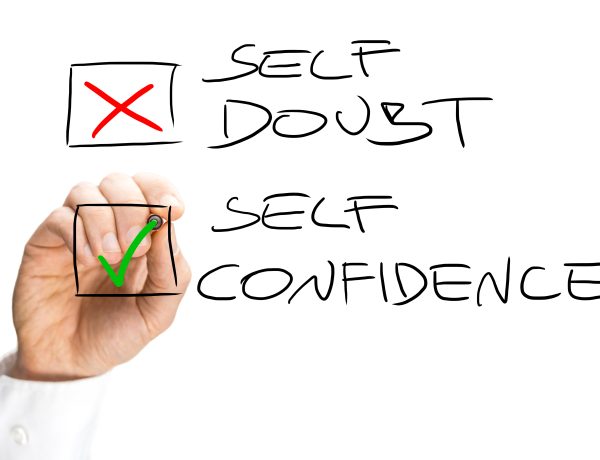The term “traumatic brain injury” refers primarily to the physical trauma inflicted on the brain. However, these injuries can be traumatic in other ways as well. Your brain is one of the most important organs in your body, not just because of the physical functions that it provides, but also because it’s such a vital part of your cognition and personality.
Brain injuries can cause a variety of symptoms, all of which are difficult to deal with. If you or a loved one has suffered a brain injury, it can feel as though your life is over. However, there is always hope that you can get your life back. Here is some advice to help.
Seek Medical Help
If you or someone else suffers from any head injury, then you should always seek medical help right away. Even a minor brain injury like a concussion can be dangerous if left untreated. A medical professional can provide any needed treatment and observe the patient, ensuring that the injury gets dealt with as quickly as possible. The sooner the injury is treated, the better the prognosis will be.
Some injuries will require long-term treatment, and a doctor can help you to come up with a treatment plan and tell you what to expect as you recover. For example, some cognitive exercises will exercise your brain, which can encourage faster or more complete recovery.
You may also want to contact a mental health professional to help you to deal with the emotional fallout of a traumatic brain injury. Recovery is never easy, and it can be difficult for caregivers as well. Whether you have suffered the injury yourself or you’re caring for someone who has, never neglect your mental or emotional well-being.
Recovering Financially
Because of the traumatic and potentially life-changing effects of a brain injury, it’s always wise to seek legal help. As well as this, some brain injuries make it difficult for you to work, and you might have medical bills to deal with in the interim.
If the injury was caused by someone else who is potentially liable, then a medical report can help when you contact a brain injury attorney. This way, you’re more likely to get the compensation and the justice that you need to get on with your life.
Lifestyle Changes
As with any traumatic brain injury, the key to recovery is making adjustments to your lifestyle and finding balance in your life. Your needs in life are likely to change, and finding your limits can take some time.
The important thing is to find a balance between pushing yourself far enough to help your brain to recover, without moving too quickly. Sometimes you can’t recover completely, traumatic brain injuries are complex and can have effects that will impact the rest of your life.
However, if you learn your limits and focus on recovering as much as possible, you will find that you can still enjoy a full life.
Read more lifestyle and self care articles at ClichéMag.com
Images provided by Flickr, Unsplash, Pexels, Pixabay & Creative Commons





